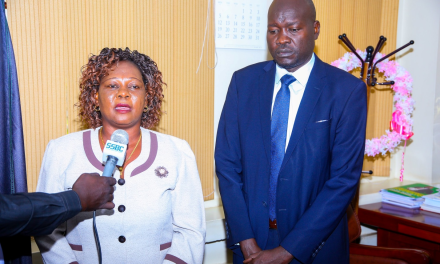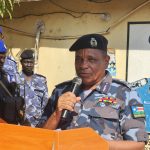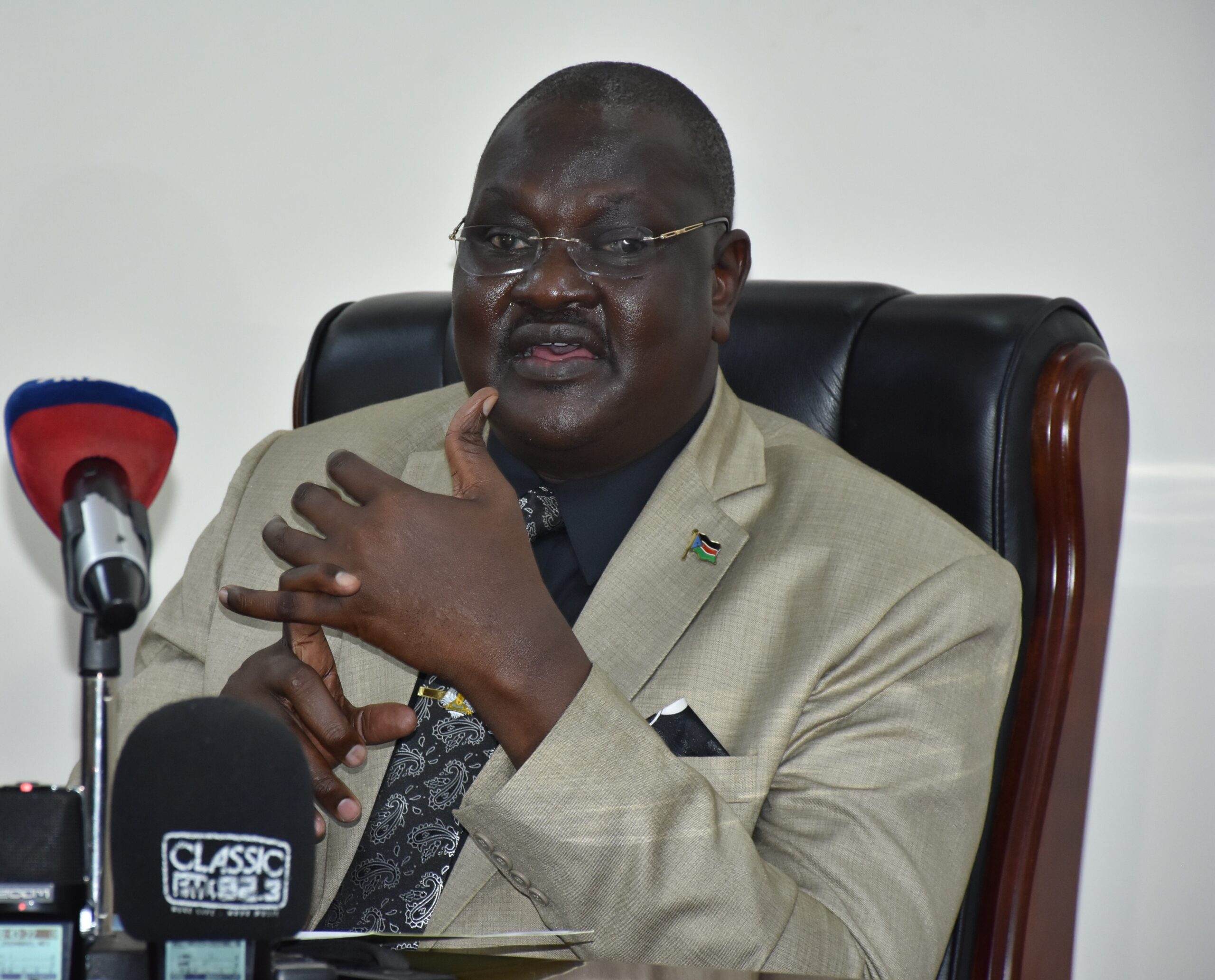
Three journalists locked up for covering M25 protests – police force says the arrests were justified
A documentary photographer, a press photographer and a reporter for LBC were arrested and detained by police yesterday for filming an eco-protest by Just Stop Oil on the M25.
Rich Felgate published a film on Twitter showing himself and photographer Tom Bowles being arrested.
The pair peacefully asserted that they were journalists filming from a public area (a bridge over the M25) and offered to show their press cards. They were arrested anyway and held for 13 hours.
LBC reporter Charlotte Lynch was also arrested covering the M25 protests despite holding a press card. She was held for five hours.
Shami Chakrabarti, the former shadow attorney general, told LBC today: “If the police are now going to start arresting journalists for conspiracy to commit a public nuisance – in other words for knowing that a demonstration is about to take place – then they are effectively shutting down the free press, the free media, in this country.
“And that means the public don’t get the opportunity to judge for themselves whether the police have policed a particular demonstration well or badly, or indeed whether the protesters behaved well or badly. “So this is very, very serious.”
On the video showing the arrest of Felgate and Bowles, the latter can be heard saying: “I’m sorry officer you can’t arrest me, I’m a member of the press, would you like to see my press card.” But as he was doing so he was placed in handcuffs.
One of the officers said: “You are being detained under section one of PACE.”
This law allows police officer stop, detain and search someone if they believe they will find stolen or prohibited articles.
Felgate can be heard saying on the video: “I’m quite obviously a member of the press, I’ve got cameras and I am in a public place.”
Felgate said that while he was held by police they asked him for information about his sources and wanted the PIN to access his phone.
Bowles said that three male officers arrived at his home at 11pm, woke his wife and daughter and carried out a search. He said he finally arrived home at 3.30am.
Felgate said he believes at least seven journalists have been arrested covering Just Stop Oil protests and that he has been arrested twice in the last month.
LBC reporter: ‘It was absolutely terrifying’. Charlotte Lynch has written about her ordeal on Twitter: “I showed my press card, and I was handcuffed almost immediately. My phone was snatched out of my hand. I was searched twice, held in a cell for 5 hours, and I wasn’t questioned whilst in custody.
“It was absolutely terrifying being in a cell with a pad for a bed in one corner and a metal toilet in the other. I was just doing my job.
“What’s also terrifying is what this means for press freedom. It was blindingly obvious I was a reporter”
She told LBC She was on a road bridge over the motorway where she was taking photographs and video, in a public area far away from the demonstration.
She said she was arrested on suspicion of conspiracy to commit a public nuisance, searched by a female officer then driven on her own in a custody van to Stevenage Police Station.
There she was searched again, had DNA swabs taken, finger prints and a mugshot before being held in a police cell for five hours. She was eventually released with no further action taken and was never questioned.
On 30 August a reporter from MyLondon spent seven hours in police custody after being arrested filming protestors damage oil pumps in Hammersmith. After being handcuffed and asked to show his press card he was arrested anyway.
In 2020, photographer Andy Aitchison was arrested at home after covering a protest at an asylum centre. He eventually received an apology from Kent Police and damages for wrongful arrest.
Guidelines from the College of Policing state: “Reporting or filming from the scene of an incident is part of the media’s role and they should not be prevented from doing so from a public place. Police have no power or moral responsibility to stop the filming or photographing of incidents or police personnel. It is for the media to determine what is published or broadcast, not the police. Once an image has been recorded, the police have no power to seize equipment, or delete or confiscate images or footage, without a court order.
“Where police have designated a cordoned area, the media must respect it in the same way as the public, unless a media facility within a cordoned area has been authorised by police. The best possible vantage point for media should be considered, providing it does not compromise operational needs.”
Herts Police believes it was correct to arrest journalists
Hertfordshire Constabulary today said it stood by the decision to arrest the journalists yesterday: “As always, our priority remains to ensure public safety – we have a responsibility for the health and safety of all those involved and everyone at the scene, including emergency services, members of the public, members of the press and the protestors themselves.
“These operations are very fluid and fast moving, with the potential to cause widespread and sustained disruption that not only affects Hertfordshire’s stretch of the M25 but also the wider road networks.
“Our officers have been instructed to act as quickly as they can, using their professional judgement, to clear any possible protestors in order to get roads up and running and to prevent anyone from coming to harm.
“Seven people were arrested yesterday. Of these seven, two were subsequently charged and two were released on police bail with conditions. Three of them were released with no further action following extensive enquiries. Though as a matter of course we do not comment on the circumstances surrounding individual arrests, these circumstances did give us grounds to hold them in custody for questioning in order to verify their credentials and progress our investigation.”



































